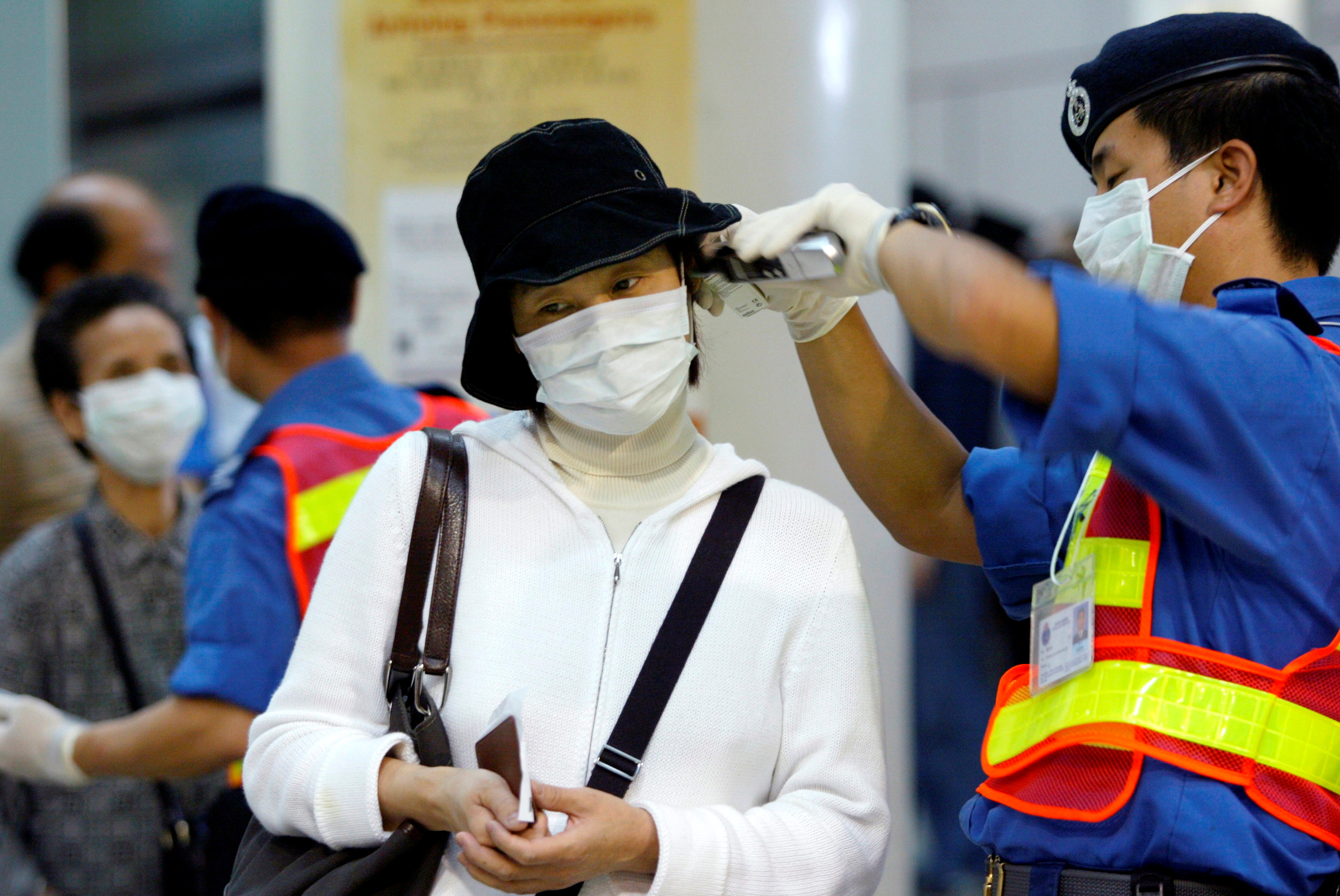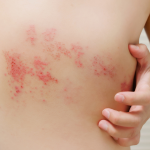
Key facts
- Severe acute respiratory syndrome (SARS) is a viral illness that can cause severe pneumonia.
- An international outbreak of SARS occurred in 2002 and 2003, in which 1 in 10 infected people died.
- Currently, SARS is not known to be spreading anywhere in the world.
- There is no cure or vaccine for SARS.
- In case of an outbreak, you can protect yourself by being careful with handwashing, social distancing, and personal hygiene.
What is SARS?
Severe acute respiratory syndrome (SARS) is a respiratory illness caused by the SARS-associated coronavirus (SARS-CoV). It was first found in humans in 2002.
Coronaviruses are a group of viruses found in many different species, including birds and mammals. They include some viruses that cause the common cold. COVID-19 is a different illness caused by another type of coronavirus, called SARS‐CoV‐2.
An outbreak of SARS began in China in late 2002 and spread to many other countries, with over 8,000 cases and over 750 deaths. Australia was not significantly affected, with only one confirmed case. The outbreak was successfully contained by July 2003. The last known case of SARS was in April 2004.
Currently, SARS is not known to be spreading anywhere in the world. It’s not known whether there could be more outbreaks in future.
About 1 in 10 people known to have been infected with SARS have died. People who are older or have chronic health conditions are at higher risk.
How is SARS spread?
The SARS outbreak is thought to have started when the virus spread from an animal to a human, most likely from an infected civet (a small, cat-like animal). It then spread from person to person.
SARS is spread by contaminated droplets which become airborne due to talking, coughing or sneezing. The virus can also be spread by someone with infected body fluids on their hands. You need to have close contact with an infected person to catch SARS.
What are the symptoms of SARS?
SARS can cause severe pneumonia. The main symptoms of SARS include:
- fever (temperature over 38°C)
- dry cough
- breathing difficulties
People with SARS may also experience:
- headache
- chills
- muscle aches
- poor appetite
- dizziness
- diarrhoea
- sore throat
These common symptoms have many potential causes. They are only likely to be due to SARS if you have been in close contact with someone who has the disease, or if you have travelled to a country where there is an outbreak.
Symptoms usually develop 2 to 7 days after you are exposed to the virus, although sometimes they can take as long as 10 days to appear.
When should I see my doctor?
If there is another outbreak of SARS, you will need to see a doctor immediately if you develop fever, cough or breathing difficulties within 10 days of travel to a high-risk area. It’s important to call the clinic or hospital before you get there, to warn them that you may have SARS. They may assess you in a separate area to prevent spread of the illness.
How is SARS diagnosed?
Several laboratory tests can be used to diagnose SARS. If you have symptoms and think you could have been in contact with someone with SARS, your doctor will take swabs from your nose and throat to look for the virus. It can also be found on a blood test, but it can take weeks for these blood test results to come back.
If you test positive, your result will need to be reported to public health authorities. The Department of Health will monitor and track all cases of SARS in order to find outbreaks and improve healthcare responses.
You might also have a chest x-ray to see if you have pneumonia.
How is SARS treated?
There is no cure for SARS. Your doctor will tell you what medicine you can take to relieve your symptoms.
If you develop severe pneumonia, you might need to go to hospital for treatment to help you breathe. This would take place in an intensive care unit.
You will need to be in isolation so you don’t spread the disease. This could be at home or in hospital. It’s thought that you are no longer contagious 10 days after your fever has gone.
Can SARS be prevented?
There is no vaccine against SARS.
In case of a new outbreak, there are things you can do to protect yourself:
- Wash your hands often with soap and running water, especially after blowing your nose or sneezing, after going to the toilet, and before preparing food or touching other people.
- Cover your nose and mouth when you cough or sneeze.
- Keep your distance from people who are coughing or sneezing.
- Use a tissue to blow your nose and dispose of it straight away.
- Stay at home if you are sick.
- Clean and disinfect any contaminated surfaces.
If you are caring for someone with SARS, you will need to wear personal protective equipment (PPE), such as a gown, mask, gloves and goggles.
In case of an outbreak, public health authorities would trace the contacts of people with SARS and let them know if they need to go into isolation.

